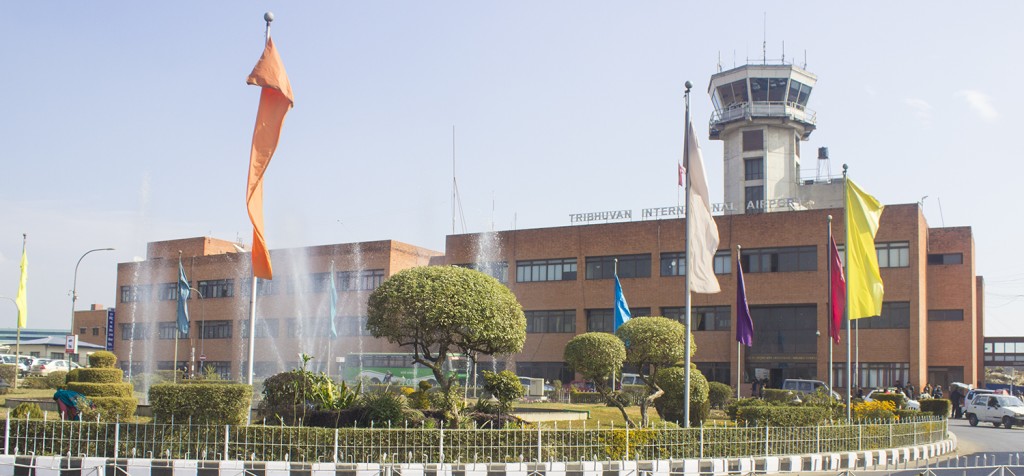५ श्रावण २०८०, शुक्रबार
0
Shares





भिजन आइडलको चौथो संस्करण सञ्चालन हुने भएको छ । भिजन एफएमको वार्षिकोत्सवको अवसरमा ओखलढुंगामा भिजन आइडलको चौथो संस्करण सञ्चालन हुने भएको हो ।
आमसञ्चारका माध्यमबाट सुशासन प्रवद्र्धन गर्दै जिल्लाको विकास र रुपान्तरणमा भूमिका खेल्दै आएको भिजन नेपालले कला र साहित्यको उर्वरभूमी ओखलढुंगामा वार्षिकोत्सवका अवसरमा २०७३ सालदेखि हरेक वर्ष भिजन आइडल र भिजन डान्सिङ स्टार सञ्चालन गर्दै आएको छ । भिजन आइडलको चौथो संस्करण भोली माघ १० गतेबाट सुरु गरिने भिजन नेपालका अध्यक्ष पूर्णप्रसाद न्यौपानेले बताए । ग्रामिण क्षेत्रका युवाहरुको प्रतिभा पहिचान गर्दै कला र संस्कृतिको विकास गर्ने भिजन आइडललाई यसवर्ष प्रविधिमैत्री बनाइने छ ।